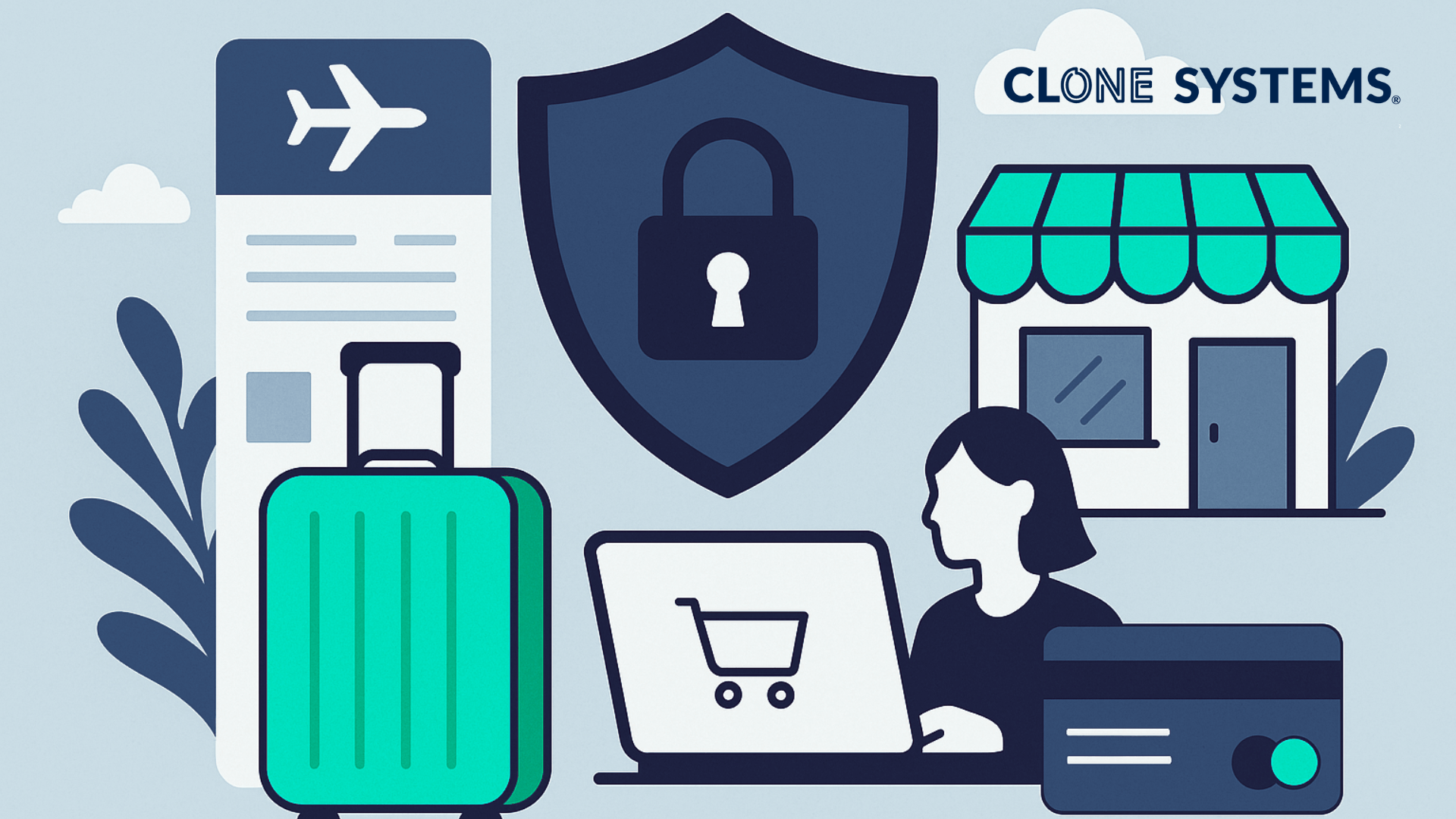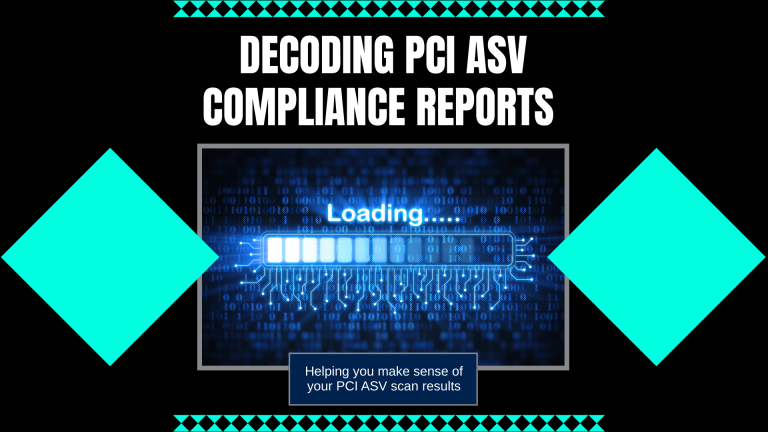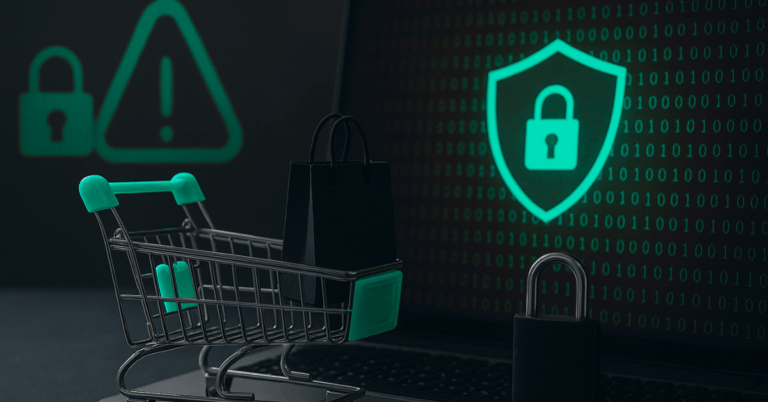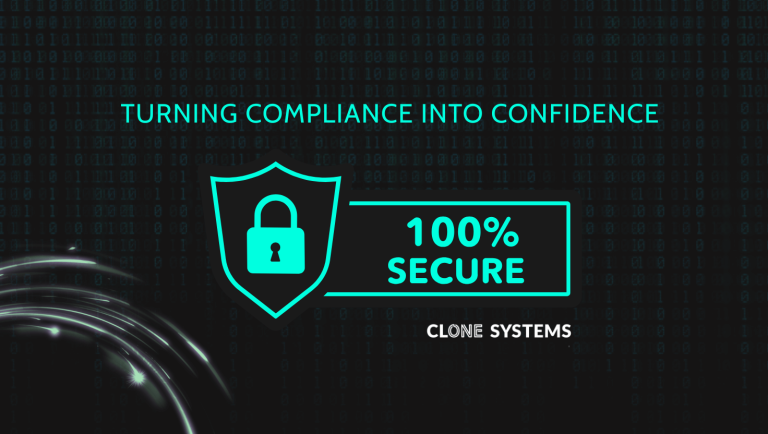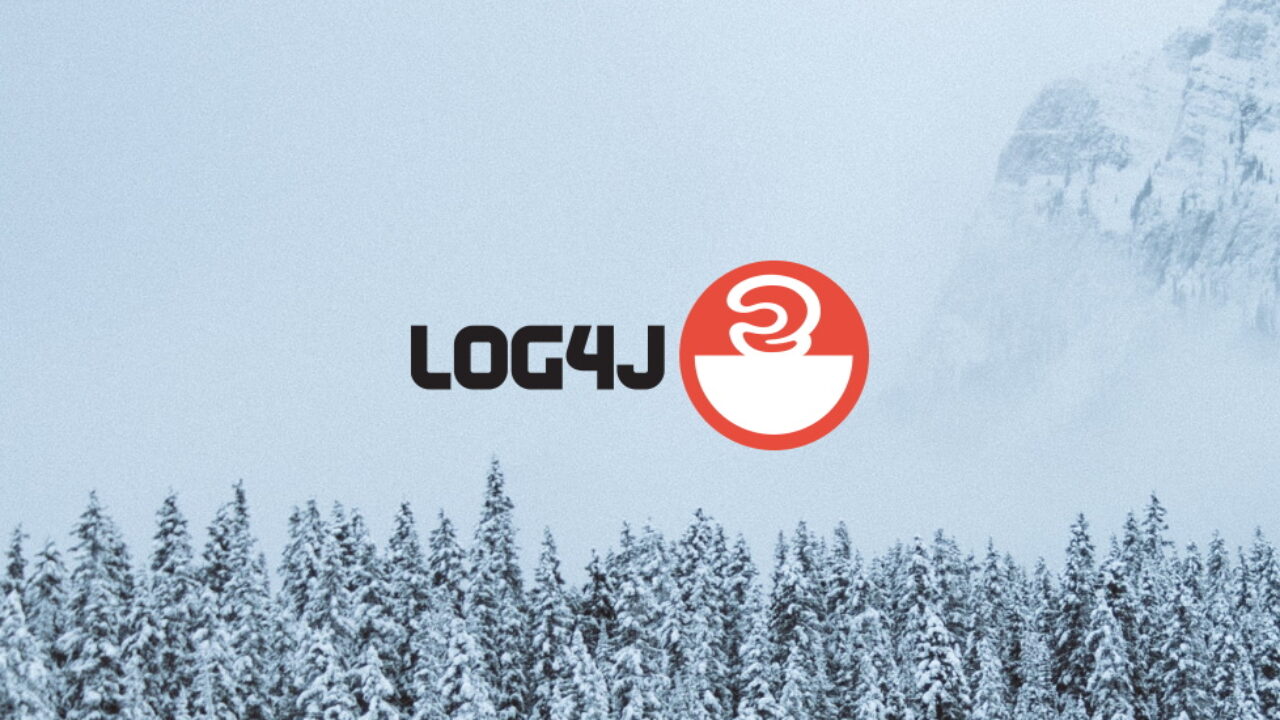PCI Compliance for the 2025 Vacation Season: How Travel and Retail Merchants Can Stay Secure During Peak Months
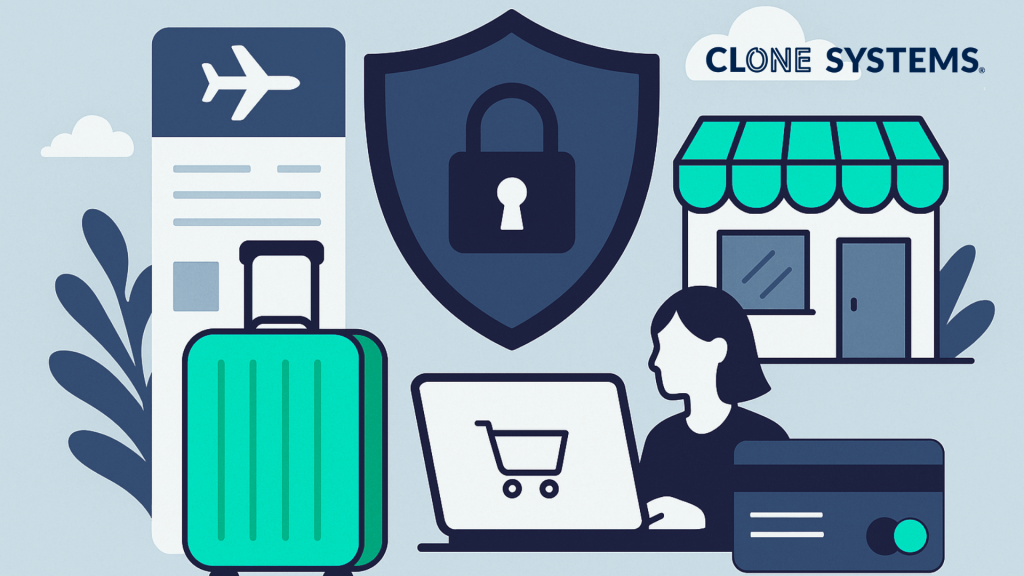
The summer vacation season brings excitement for travelers and a surge in business for merchants. From airlines and hotels to e-commerce retailers and transportation services, transaction volumes soar during the warmer months.
However, this seasonal boom also creates an ideal opportunity for cybercriminals. As companies scramble to meet demand, PCI DSS compliance requirements can easily be overlooked. This puts both customer data and business reputations at risk.
Whether you operate a travel agency, manage a hospitality brand, or run an online store, maintaining strong PCI DSS v4.0.1 compliance during peak periods is essential. In this post, we break down key risks, compliance best practices, and strategies to help protect your business throughout the 2025 vacation season.
Seasonal Risk Factors: Why Cyber Threats Increase in Summer
Cybercriminals understand that high-volume seasons often place extra pressure on operations, which can result in lapses in security. The vacation season introduces several specific risk factors:
- Increased use of mobile payments and public Wi-Fi networks
Customers and staff rely more heavily on mobile devices while traveling, which increases the chances of transactions being intercepted. - Temporary or seasonal staffing
New employees may not receive complete cybersecurity training, which increases the risk of insider threats or accidental data mishandling. - Quick deployment of new APIs and booking systems
Businesses often rush to integrate third-party platforms to meet demand, which can expose poorly secured scripts and vulnerable connections. - A rise in phishing and smishing attacks
With people distracted and mobile during travel, both customers and employees become easier targets for social engineering tactics.
Without proactive planning, these seasonal dynamics can result in costly data breaches and serious PCI DSS compliance violations.
Key PCI DSS v4.0.1 Requirements to Prioritize This Season
To protect your business during the 2025 summer surge, there are several critical areas of PCI DSS v4.0.1 to focus on:
1. Keep External Vulnerability Scans Up to Date
Requirement 11.3.2 calls for quarterly external scans performed by an Approved Scanning Vendor (ASV). You should ensure the following:
- All public-facing IP addresses are included in your scope
- The ASV scanner IPs are properly whitelisted
- Scans are scheduled early to avoid last-minute issues during peak traffic
- Any findings are remediated and rescanned within the required timeframe
If your external environment changes due to temporary infrastructure or seasonal cloud deployments, those changes must be included and scanned appropriately.
2. Secure Public-Facing Web Applications and Payment Pages
Requirement 6.4.3 introduces important rules for protecting payment pages from unauthorized scripts. Before your traffic increases, be sure to:
- Review any seasonal updates to your checkout or payment flow
- Inventory all scripts in use, especially those from third parties like analytics or advertising tools
- Monitor these pages in real time to detect unauthorized changes immediately
Booking websites and pop-up retail apps are especially prone to skimming attacks during high-traffic periods.
3. Reinforce Security Awareness for Seasonal Employees
Requirement 12.6 highlights the need for security training, and this is especially relevant for seasonal staff. Make sure they understand:
- How to identify suspicious emails or text messages
- The correct ways to handle cardholder data (CHD)
- That card data should never be written down or stored in unauthorized systems
Even a short, focused training session can significantly reduce the chances of human error during busy times.
4. Protect API Endpoints and Mobile Payment Applications
If your business is updating its mobile app, rolling out a booking engine, or integrating a third-party API, you should:
- Conduct assessments that test against OWASP’s Mobile and API Top 10 risks
- Implement strong authentication and access controls
- Ensure encryption is applied to all cardholder data that moves through these channels
APIs are a growing target for attackers and must be secured with the same rigor as web applications.
Turning Compliance into a Competitive Advantage
Today’s consumers are more aware of cybersecurity risks than ever before. Businesses that can clearly demonstrate their focus on data protection gain a competitive edge. You can do this by:
- Displaying a PCI Trust Seal or similar certifications at checkout
- Highlighting security practices in promotional materials
- Offering mobile checkout experiences that are both easy to use and properly secured
Clone Systems’ Trust Seal is one example of a visual assurance that signals your commitment to PCI DSS compliance and customer safety.
Final Thoughts
The 2025 vacation season presents a valuable opportunity for business growth, but it also puts your cybersecurity posture to the test. PCI DSS v4.0.1 compliance should be more than a checkbox. It should serve as a foundation for safe transactions, stronger customer trust, and reliable revenue.
